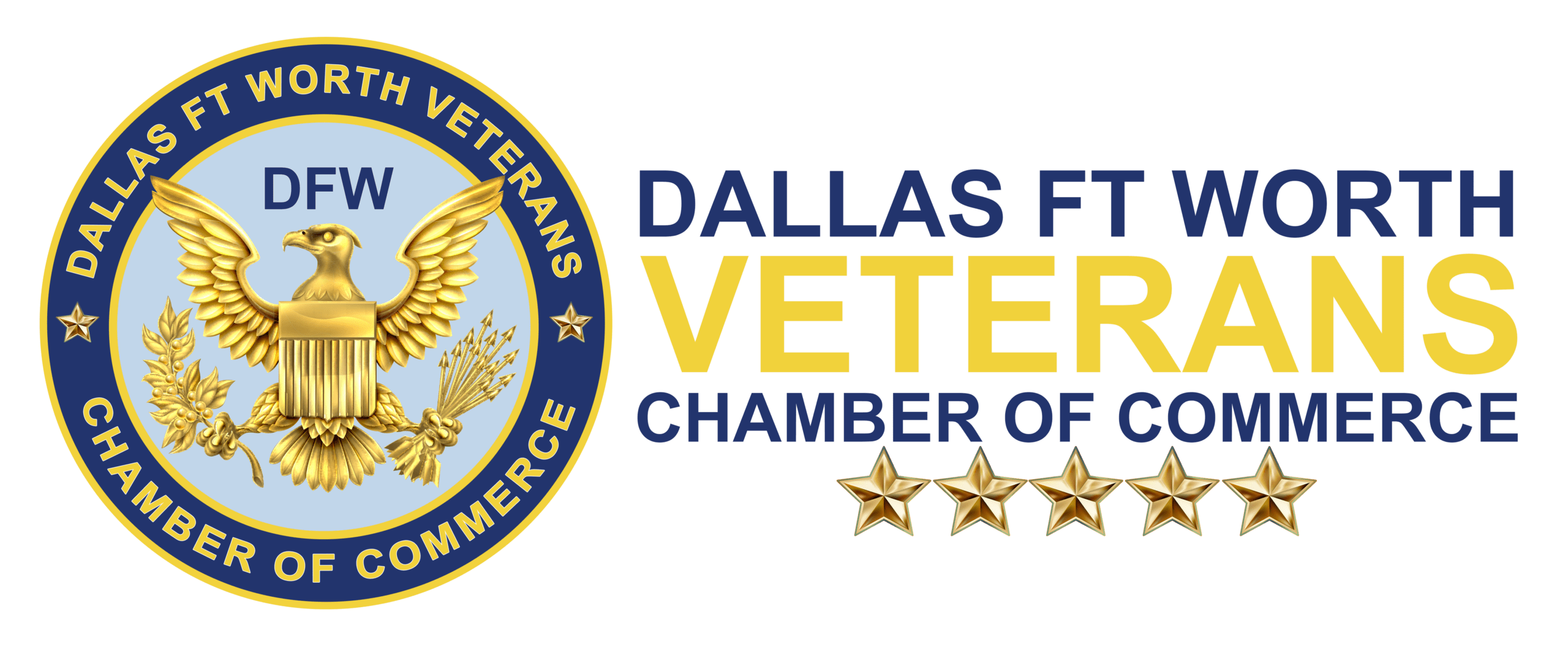At the Dallas Ft Worth Veterans Chamber of Commerce, we know just how daunting the transition to civilian life can be. You’ve dedicated years to serving your country, but the experience and skills you’ve acquired aren’t always appreciated by the civilian world. How can you translate your military experience into civilian success?
After the Military What Comes Next
Here are a few ways that newly-separated veterans can find a path forward after military service.
Education
Going back to school is a great way to find direction and build skills for the civilian world. Veterans can take advantage of GI Bill programs which, as Military.com notes, provide up to 36 months of education benefits. Like other nontraditional students, most military veterans choose career-oriented degrees like business management, information technology, engineering, and nursing.
Worried about spending four years out of the workforce while earning your degree? If the idea of starting from scratch doesn’t appeal to you, consider an online college. Online schools emphasize competency-based learning over seat-time. This lets students with prior experience earn credentials faster, saving both time and money.
Employment
A career offers a sense of purpose and accomplishment after separating from the military, but where do your skills fit in the civilian world? Goodwill points out that veterans have more to offer the civilian workforce than you might realize. Employers value military veterans for their soft skills like leadership, problem-solving, and teamwork. Some MOS skills directly translate to a civilian career as well.
Healthcare, information technology, public administration, and defense contracting are among the most popular career paths for military veterans. These professions let veterans channel skills acquired in the military into a new, rewarding career. Starting your own business is yet another option, one that allows you to put your skillset to work as an entrepreneur. One of the first steps is deciding how to structure your operation. Many small business owners choose to form as a limited liability company (LLC) because of the protection of personal assets.
Still not sure where to take your career after military service? Visit CareerOneStop for self-assessments, career guides, and other helpful resources for your job search.
Retirement
While some servicemembers transition after a few years, others spend their entire careers in the military. Leaving the military after decades of service can be a culture shock. What will you do with all of your time?
The first thing to do is evaluate your military retirement benefits including retirement pay, healthcare benefits, and the Survivor Benefit Plan. Will your retirement pay match your income needs or will you need to work after retiring?
There are plenty of part-time jobs that don’t require starting a second career. Several military-friendly companies like Home Depot, Verizon and UPS have great reputations for pay and work environment.
Resources for Your Military Transition
There’s a lot to think about as you prepare for your military transition. Luckily, there’s also a lot of support available.
The Transition Assistance Program, or TAP, is a mandatory Department of Defense program for transitioning service members. TAP offers guidance on veterans benefits and helps service members choose a career track after service. Service members can supplement TAP with a Transitioning Veterans consultation from Military OneSource.
When it comes to buying a home, several financing options are available for veterans. For one, VA loans for mortgages are available at low interest rates and require no down payment. Like an FHA loan, a VA loan is government backed, which also guarantees no private mortgage insurance is necessary, meaning your overall borrowing amount will be lower.
Other organizations serving transitioning veterans include:
- AMVETS offers career placement assistance, educational scholarships, and volunteer and networking opportunities for veterans.
- The American Legion organizes job fairs, hosts career events, and holds workshops for veterans entrepreneurs in addition to other programs.
- VetJobs is an online job board serving military veterans. VetJobs also publishes tips and resources for veterans starting a new career.
Don’t wait to begin your military transition process. The sooner you prepare for life after military service, the more confident you’ll be stepping into civilian life.
The Dallas Ft Worth Veterans Chamber of Commerce enhances the professional lives of active duty, transitioning military, and Veterans through business, employment and education. Contact us today for more info, or to join! 972.853.1622
Article by: Adam Evans
